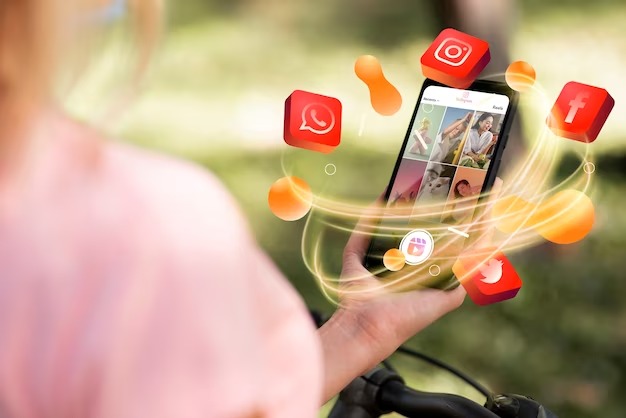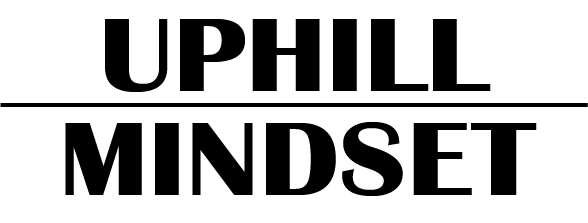
In today’s digital age, social media platforms like Facebook, Instagram, Twitter, TikTok, and YouTube have become a significant part of our lives. Whether it’s to stay connected with friends and family, follow our favorite celebrities, or keep up with the latest news and trends, social media is now an integral part of our daily routine. However, the impact of social media on our lives is not always positive. While it has its advantages, such as increased connectivity and exposure to diverse perspectives, it also has its disadvantages, such as social comparison, cyberbullying, and addiction. In this blog, we will explore the impact of social media on day-to-day lives and share tips on how to balance the online and offline worlds.
- Social Comparison and Self-Esteem
One of the most significant impacts of social media on our day-to-day lives is social comparison. Social media creates an environment where people showcase their highlight reels, only sharing the best parts of their lives. This can lead to feelings of inadequacy and low self-esteem when we compare ourselves to others. A study published in the Journal of Social and Clinical Psychology found that using social media increases the likelihood of experiencing social comparison and negatively impacts self-esteem.
Tip: To avoid social comparison, limit your time on social media and unfollow accounts that make you feel inadequate or unhappy. Instead, follow accounts that inspire and motivate you to be your best self. Focus on your own journey and celebrate your small victories.
- Cyberbullying
Cyberbullying is another negative impact of social media on day-to-day lives. Cyberbullying is the use of digital technology to harass, threaten, or embarrass someone. According to a study by the Cyberbullying Research Center, over 34% of students reported experiencing cyberbullying in their lifetime.
Tip: If you or someone you know is experiencing cyberbullying, report it to the social media platform and seek help from a trusted adult or mental health professional. Remember, you have the power to control what you see online by blocking, muting, or unfollowing accounts that engage in cyberbullying.
- Addiction
Social media addiction is another impact of social media on day-to-day lives. Social media addiction is defined as a compulsive need to use social media, even when it interferes with daily life. According to a study published in the Journal of Addiction Medicine, social media addiction is associated with negative mental health outcomes such as anxiety and depression.
Tip: To avoid social media addiction, set a limit on your daily social media use and stick to it. Also, make sure to engage in offline activities that bring you joy and fulfillment. Remember, balance is key.
- Exposure to Diverse Perspectives
Despite the negative impacts of social media, it also has its advantages. One of the benefits of social media is exposure to diverse perspectives. Social media platforms allow us to connect with people from different cultures, backgrounds, and experiences. This can lead to increased empathy and understanding of others.
Tip: To maximize the benefits of social media, follow accounts that share diverse perspectives and engage in meaningful conversations with people from different backgrounds. Remember to approach these conversations with an open mind and a willingness to learn.
- Productivity
Social media can also impact our productivity. According to a study by CareerBuilder, over 50% of employers reported that social media use during work hours decreases employee productivity.
Tip: To avoid the negative impact of social media on productivity, set aside specific times for social media use and avoid using it during work or study hours. Instead, use that time to focus on important tasks that will help you achieve your goals.
In conclusion, social media has both positive and negative impacts on our
Follow our Instagram page for more career tips and inspiration!
